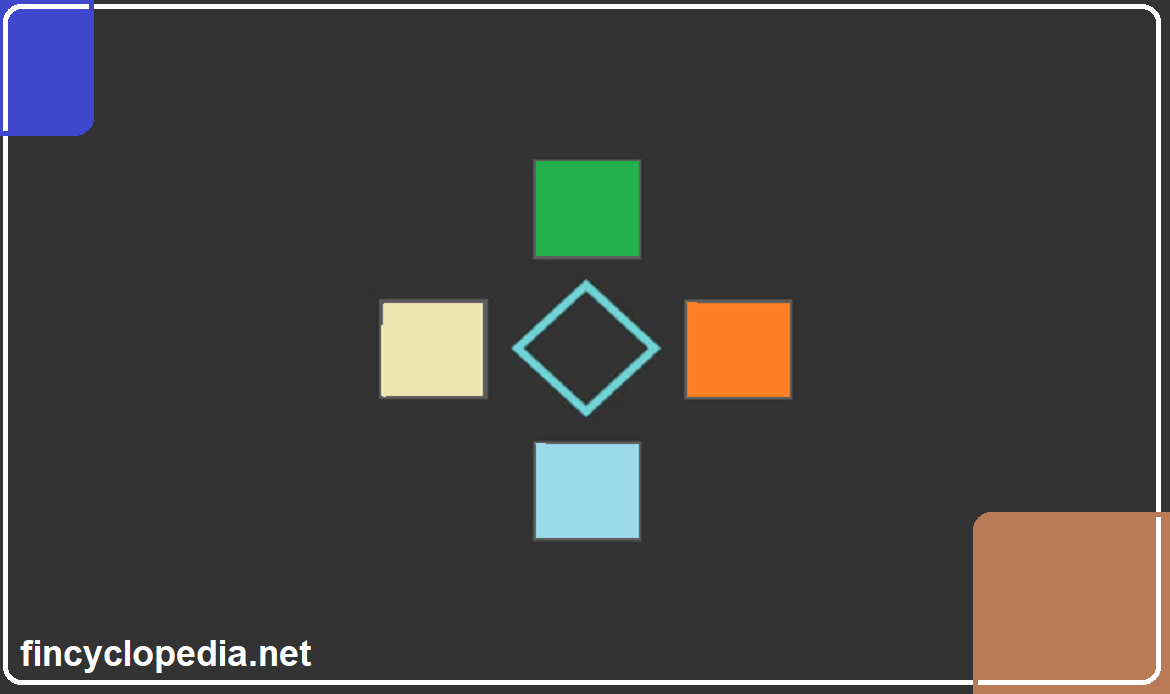Zakah (زكاة) is Arabic for obligatory charity (the third pillar of Islam). It constitutes a portion of wealth prescribed by shari’ah to be paid to one or more of deserving recipients. It is the duty of every Muslim to pay zakah out of his/her own wealth, provided that a minimum amount of wealth (nisab) is attained over a lunar year. On the hand, tax is a compulsory contribution to state revenue, imposed by the government on income and profits (direct taxes). It can also be added to the cost of some goods, services, and transactions (indirect taxes). The main differences between zakah and tax are as follows:
| Zakah | Tax | |
| Nature | Religious duty. Compulsory by shari’ah (Islamic law) | Government levy. Compulsory by “mundane” law |
| Purpose | Purification of wealth. Building a balanced society | A source of funds for governments. It helps finance development projects, etc. |
| Payers | Only Muslims | All members of the society |
| Payment requirements | Attainment of minimum amount of wealth (nisab) over a lunar year (hawl). Lower limit (it depends on ability to pay) | Indirect taxes do not consider the case of those who have not the ability to pay |
| Amount | In general, 2.5% of wealth subject to zakah (2.5775% for solar year) | Varies across jurisdictions |
| Changeability | Rates cannot be changed. It is fixed as per the Holy Quran | Rates can be changed by the government or legislators from time to time |
| Variability | The rate of zakah is flat (i.e., not variable) | It is usually progressive |
| Recipients | Specified categories: the needy, for release of slaves, for relief of debtors, new-converts, collectors of zakah, in the way of Allah and way-farers. | No direct recipients. It is collected by government and channeled to different uses as dictated by development requirements, among others |
| Collection | It can be paid individually | Tax is only collected by government or its agencies |
| Payers’ expectations | Zakah payers do not expect anything in return (of course, other than rewards from the Almighty for their good deeds) | Tax payers expect certain facilities from their governments in return for the payment of tax |
| Geographic limits | If the amount of zakah is more than enough to meet the requirements of the country in which it is paid out, then it can be dispatched to other countries where poor Muslims live | It can only be utilized in the countries in which it is collected |







